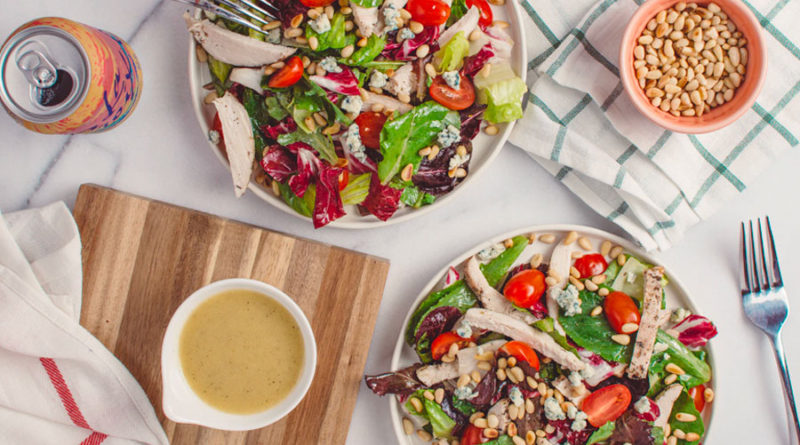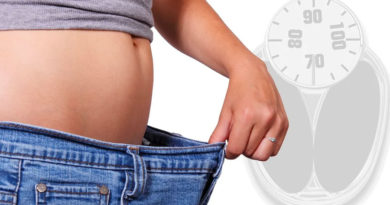Diet Rules You Must Break
A healthy diet is only healthy when the foods in that diet contain rich amounts of essential nutrients, are high in fiber, not fried, and are low in sodium, cholesterol, and fat. The media oftentimes promote foods that may, for example, be low in calories but also low in fiber and have practically almost zero nutritional content. To avoid buying them I have listed some of the foods you can exclude from your shopping list. Here they are:
Low-Calorie Bread and English Muffins
Nutritionists believe that English muffins and certain versions of low-calorie bread have practically nothing more than white flour in them. Then they are added with fiber, vitamins, fiber and even sweetness (not real sugar but the artificial version of sugar). Instead of these products, nutritionists say it’s even healthier eating regular whole grain breads due to their extra caloric content that’s packed with fiber, nutrients, and natural flavor. Compared with the muffins and bread that have sweeteners and may get you hungry shortly after you eat them later on and compel you to eat more (which adds to your calories), those are foods that provide you with real benefits.
Full-Fat Peanut Butter
Peanut butter isn’t a health food, we all know that. In terms of fat content, one tablespoon of full-fat PB contains 8 grams of fat. But since, people tend to eat more than one tablespoon of it, it may set back their weight loss plans a bit. Dietitians recommend switching from full-fat to the reduced-fat version, this way you’ll be able to avoid eating 4 more grams of fat. Moreover, the low-fat version comes without the unsaturated fats (mono- and poly-unsaturated fats), extra sweeteners, and carbs found in full-fat PBs. The total recommended fat intake for a person is around 30% of the entire calories each day. Eating low-fat peanut butter in moderation can still be considered eating healthy. If you love peanut butter but still want to follow a healthy diet, buy a brand that have peanuts as its only ingredient.
Yogurt
Besides tasting yummy, yogurt is believed to provide the daily calcium requirement of people who eat them every day. However, in the fat-free “light” version of this dairy product, the calcium content has been reduced by almost 50%. Nutritionists suggest eating the nonfat or low-fat unflavored version to derive all the bone-strengthening benefits of the plain kind of yogurt. If it tastes bland, sweeten it with either real fruit or honey (half a teaspoonful).
Fruit Jams
Few people ever look at the labels of fruit jams (especially the so-called sugar-free jams). If you do, you’ll see that besides water, the product contains several additives including the known poison aspartame, calcium chloride, maltodextrin, and polydextrose, maltodextrin and calcium chloride. Health experts recommend choosing fruit jams with a label that do not contain high-fructose corn syrup and have the fruit first in their list.
Artificial sweetener
Artificial sweeteners are also known as “high-intensity sweeteners”. These products include Truvia, Splenda, saccharin, and aspartame. Studies show that these chemicals tend to alter your taste buds which you makes crave for super-sweet flavors. As a result, you’ll likely prefer eating products containing any of those sweeteners over naturally sweet foods like fruits (some rich in antioxidants). Some organizations warn against the long term use of aspartame and saccharine since animal tests reveal these chemicals to be highly toxic and even cause cancer. The American Heart Association recommends limiting the use of sugar to 6 teaspoons a day.
Fat-free dressing
You may think that using a fat-free dressing to go with your veggie salad is a swell form of healthy eating. Well, it’s not. The American Journal of Clinical Nutrition published a study showing that using this kind of salad dressing will get you far less of the nutrient-rich benefits of your salad than if you go with the full-fat kind. In fact, you derive very little benefit from it. This is because carotenoids are fat soluble implying that for the body to optimally absorb the carotenoids you need to combine them with fat. Nutritionists recommend dressing your salad with olive oil, lemon juice, herbs and a good fat dressing.
“Diet” Cereals
Besides calories, the “Diet” forms of cereal are low in everything, as well. This includes fiber, vitamins, minerals, and protein. Of course some cereals can pack in way more sugar, fat, and calories than people should be eating in the morning. But when you eat “diet” cereal, you’ll most likely go hungry again way long before lunchtime. Instead of the diet version, nutritionists suggest eating minimally processed whole wheat whole-grain cereals, unprocessed oatmeal, or even granola (which is high in protein and fiber). It’s preferable eating whole grain cereals that’s added with nuts and seeds and low in sugar.



